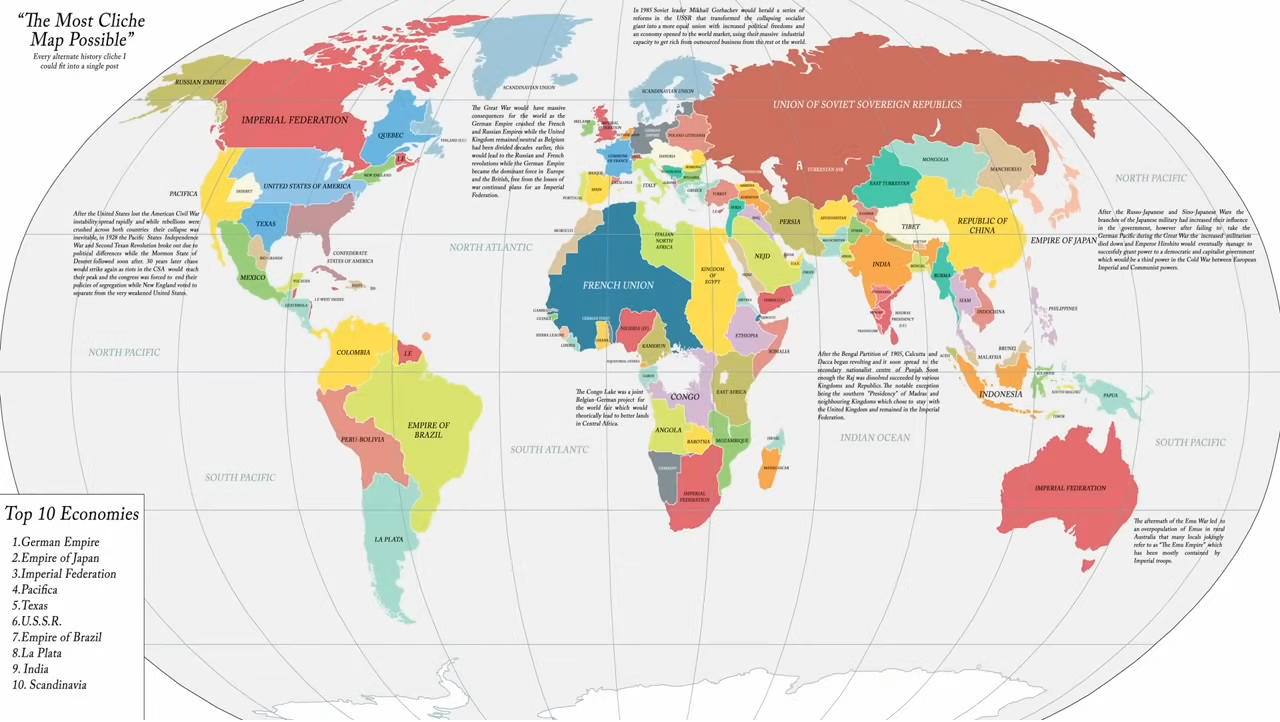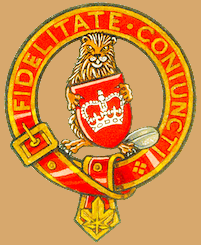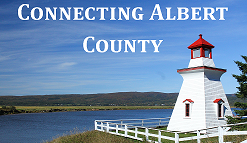that asked 'what if' some key event had gone differently. This
can be a lot of fun as you imagine history unfolding in new,
and probably strange, directions. While the entertainment
value of alternative history is well understood, does it have
any value to a monarchist or to monarchism in general?
Certainly, the Monarchism subreddit doesn't think so and
bans alternative history posts out-right. And so I am making
this post as a defence of alt history as a useful tool to better
understanding monarchies, monarchs, and monarchists.
Alt History Requires Knowing History
person to dive into a historical event and ask why it turned
out that way in the first place. After all, you can't change
something unless you know what you are changing. And often
you will find that historical figures in fact did make the best
decisions available to them at the time. A surprising finding is
a lot of the time the answer to why someone didn't choose a
different option is it was a suboptimal to do so or unlikely to
succeed. It leads to the recognition that history is a lot more
complex than it can appear on the surface and just because
one factor would seem to indicate there are other options
doesn't make it so. The YouTube channel History Matters
goes into these types of questions a lot.
To sum up; to do alt history well you need to know history.
Increases Appreciation For Monarchs
some story rather than real people who faced real challenges.
By asking what would happen if a monarch had chosen to act
differently we implicitly are asking why they were the way
they were. This brings into focus the oft forgotten fact that as
much as history can be viewed as great clash of social and
economic forces, personalities still matter. Another YouTube
channel, Possible History, noted that this made creating
alt history of that period very difficult as a single marriage,
death, or birth (or lack there of) could have wide, and largely
unpredictable, effects. As such, while they made a video that
looked at what would have happened if the Crusade of Varna
had succeeded but didn't take the alt history beyond the
immediate aftermath as there were too many people to keep
track of even though the social factors were relatively simple.
To sum up; alt history refocuses back onto the people who
were actually making history rather than abstract causes.
Doing Alt History Well
in a way that is useful to monarchists. Take speculating on
what would have happened if King Charles II had fled to
North America after he escaped England as an example. On
paper it seems like it might have been feasible strategy to
continue the fight. There is circumstantial evidence that the
governor of Newfoundland was creating a small fleet and the
Royal Navy even deserted the republican government for a
time. But at the end of the day the North American colonies
were too dependent on England for supplies, too poor to
support a large navy, and too under-equipped to form the
backbone of a royalist army. If the idea crossed the King's
mind he would have been weighted against seeking funding
from sympathetic monarchs on the European continent.
Monarchs that could be both a source of money and men
that far exceeded what the colonies could offer. And in the
end, even if King Charles II had gone the colonial route it is
still likely he would be invited back after Cromwell's death.
But. Perhaps the distances involved or simple inertia results
in King Charles II ruling in North America while England
becomes firmly established as a republic. A weird scenario
but this is similar to how Brazil ended up as an independent
empire. It is also true that there is a very real reason I might
think of this scenario out of some longing for a resident
Canadian monarch. That is fine. That alt history can help a
person learn about their own psyche as well as real history is
why I think it holds value as a learning tool.
Loyally Yours,
A Kisaragi Colour

 RSS Feed
RSS Feed





